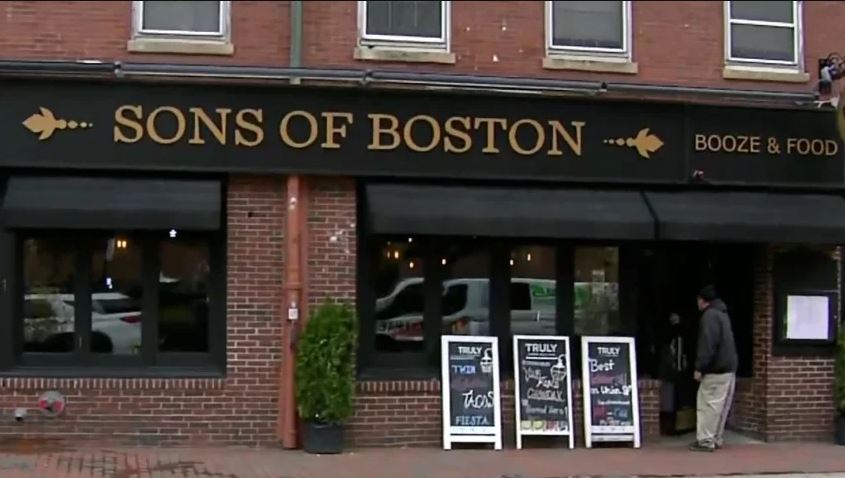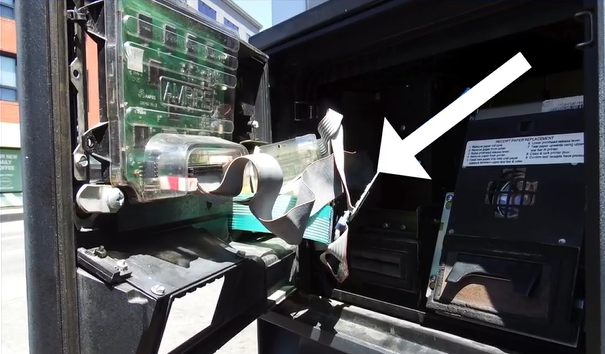The state transportation board and the MBTA's fiscal control board voted to approve a scaled down version of the proposed Green Line extension on Monday.
The vote came after state transportation officials unveiled a redesign of the proposed Green Line extension to Somerville and Medford that would cost $2.3 billion.
Monday's vote does not mean the project is a done deal, only that it will continue to move forward.
The project, originally pegged at about $2 billion, was put on hold after it was determined that the existing design would cost up to $1 billion more than projected.
The state agreed to the Green Line extension back in 1990 as part of an environmental agreement that helped cleared the way for Boston's massive Big Dig highway project. It calls for a 4.5-mile expansion of above-ground light rail service, six new MBTA stations and the relocation of the existing Lechmere Station in Cambridge.
Backers say the project would deliver an economic boost to a densely populated area that has become increasingly popular with young professionals and college students but has few mass transit options.
The modified plan calls for the same number of new stations, but their design would be simplified. For example, passengers would not pass through fare gates before climbing on trains. The MBTA also would renovate, rather than replace, several existing bridges, and a smaller maintenance facility would be provided.
Massachusetts
The latest news from around the state
The federal government has committed $1 billion for the extension, funds Massachusetts would lose if the project were scrapped. The state already has spent or committed about $700 million, including an order for new Green Line trains to run on the extension.
Cambridge and Somerville officials offered last week to chip in a combined $75 million to help the state close a funding gap for the project, and $152 million in unused federal highway funds could also be diverted to the project.
But state Secretary of Transportation Stephanie Pollack said that still leaves at least $73 million in unfunded costs.
The new plan must now be reviewed by the Federal Transit Administration, a process that could take months. The MBTA, Pollack said, also would need to hire experts to manage a new procurement process that state officials say was botched the first time around.
"Shame on us if we make the same mistake twice," Pollack said.
Even after Monday's approval, it will be about 18 months at the earliest before construction begins and take an estimated 3½ to 4 years to complete.



